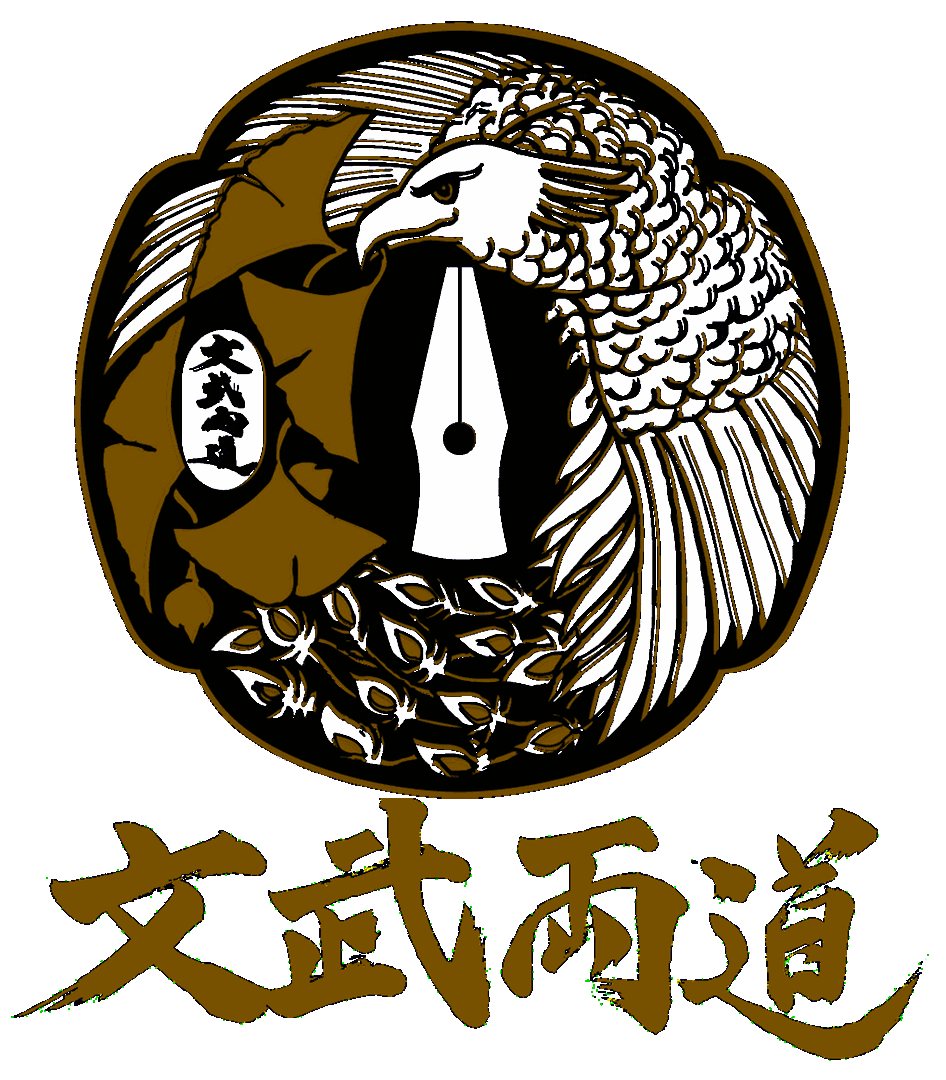One of the great joys of being involved with an authentic martial art, as opposed to just a physical activity or ordinary sport, is that there is a chance to work on improving all aspects of yourself as a person.
Part of that is the honing of situational awareness, development of personal responsibility, building of community, opportunity for service to a community, and reinforcing fastidiousness where it help to conserve, preserve, and make safe the physical environment that we train in. Much of this is laid out in the Club's expectation of members and students, which can be found on the BBRD website.
There are a few things I would like to emphasise and hope that everyone in the Club can rise to the occasion and improve on over the coming months. Most are already putting these into action, but there are always going to be things that could do with improvement. These include:
- Removing your "outside" footwear when entering the dojo space. For instance, in the MEAC we can consider the space contained by the red boundary line to be the "active" dojo area. If everyone sticks to this, there ought to be less mud and muck tracked into the space where we train, whether than be on the mat or on the open floor. Likewise, if you are going outside or to the toilet, always put on footwear so that you are minimising the risk of contamination being tracked onto the training areas.
- Be on time. Sometimes, it is unavoidable to get to the dojo for the start of class. However, if it is becoming a pattern, you need to examine whether the cause is actually within your control, and what you can do to make choices to change that.
- Actually, don't be on time, be early. If you are only barely making it in for the start of class, then you are actually running late. This is because there are always things to do even before class starts.
- It's not someone else's responsibility— step up. A very important part of doing martial arts, whether as a student or an instructor is the notion of service. We collectively gain the benefits of a functional training environment, even if we are not immediately using it at the time. For instance, one of the first things that ought to be done before training commences is a complete sweep of the hall — yes even the bits that aren't directly being used, or are being used by another discipline that evening. The benefit is twofold. First, it reduced the amount of transferable filth to the parts of the place you are personally using. Second it helps to foster the collective ownership of the space. And no, it should not be the same few people doing the same tasks week in and week out.
- Leave the space in a better condition than when you found it. It can be a little disheartening when using a shared space to come in and see last time's effort being undone in a matter of days (hours?). And when you are rushed, it can sometimes seem like the last thing you have time for is to clean up. However, if you use something, make sure you put it away. If something is out of place, put it away. If something needs repair or replacement, pull it out and identify it so that it can be done ASAP rather than being "rediscovered" when the item is needed.
- Be kind— To yourself and others. Remember that Compassion is one of the guiding principles of the Club. Care of others is important. Self care even more so. We all have off days. We all sometimes need to take time out. And there is no way that someone can properly contribute when they are running on empty. This also means taking care of personal issues such as hygiene (clean body, clean uniform, trimmed nails, maintained equipment), taking time to recover from injury, and not "beating yourself up" over "stuffing up" or failing to meet a performance target. It is also offering yourself generously and fully in your capacity to train at the level you (and your partner) agree to.
- Be responsible for your own training not someone else's. Rather than try and "fix" someone else's technique, concentrate on your own. If you have the basic "shape", try and perfect it. If you think it is spot on, try and replicate it every time. You should be in the position where you are told to stop doing what you were set rather than waiting for instructions or, worse still, be "caught" doing something completely different. If you have a question, ask.
So I hope that this helps to act like a prompt for your training over the coming months. And above all else, have fun!
